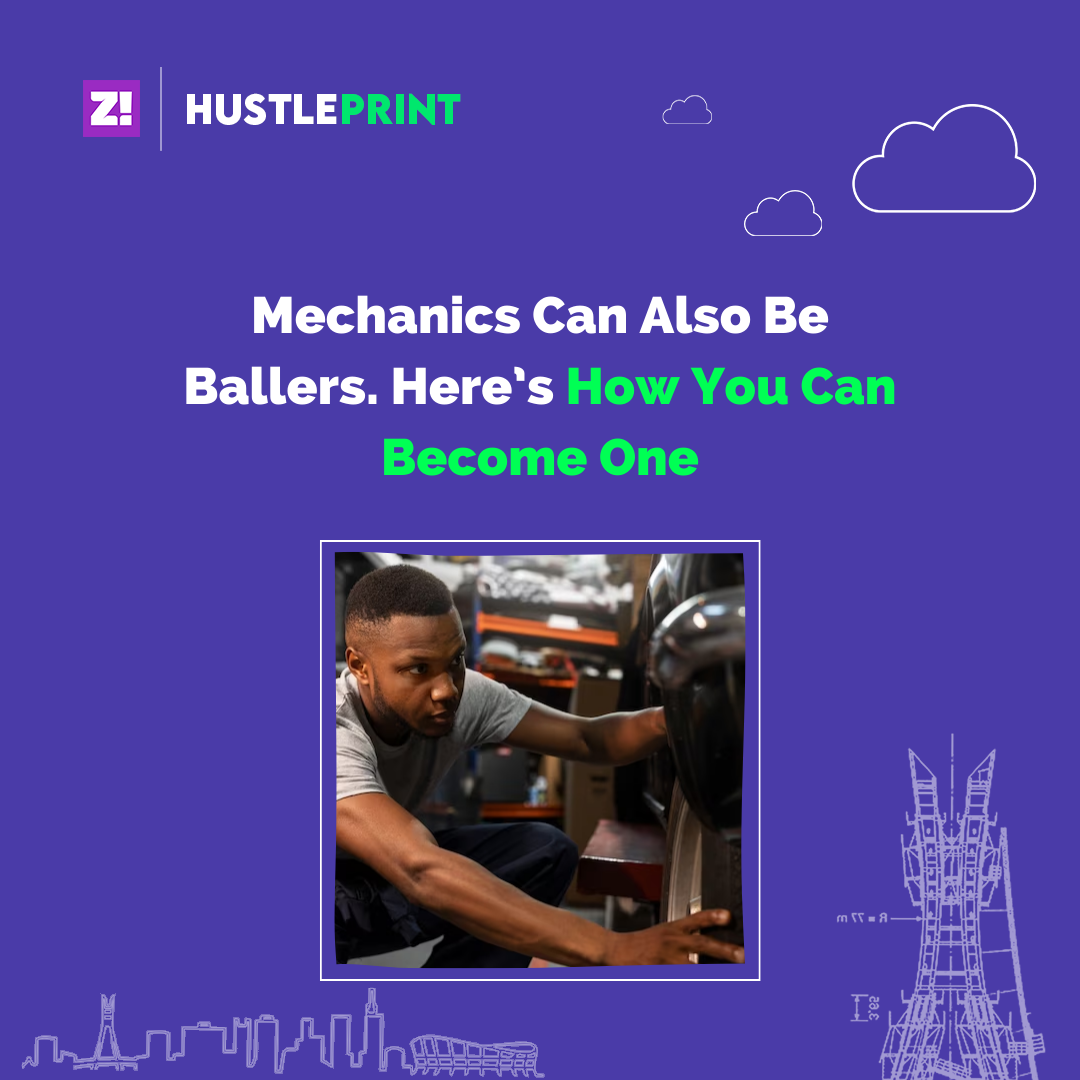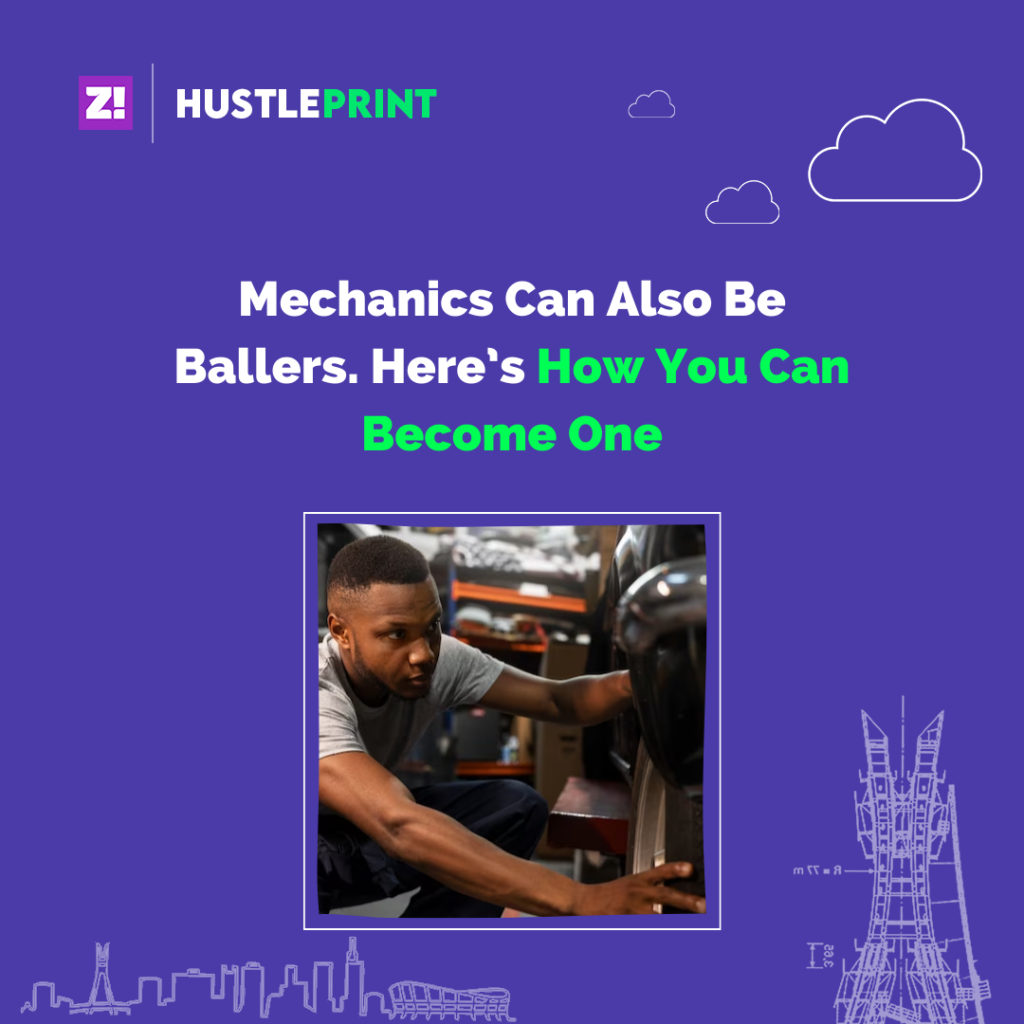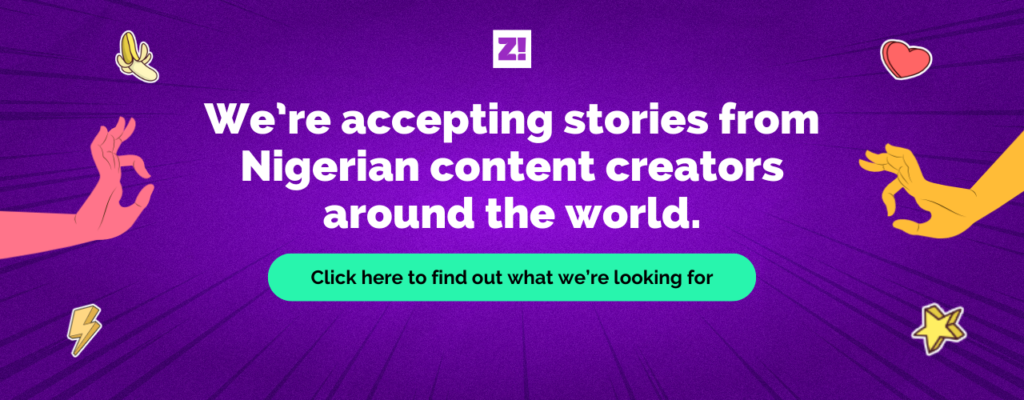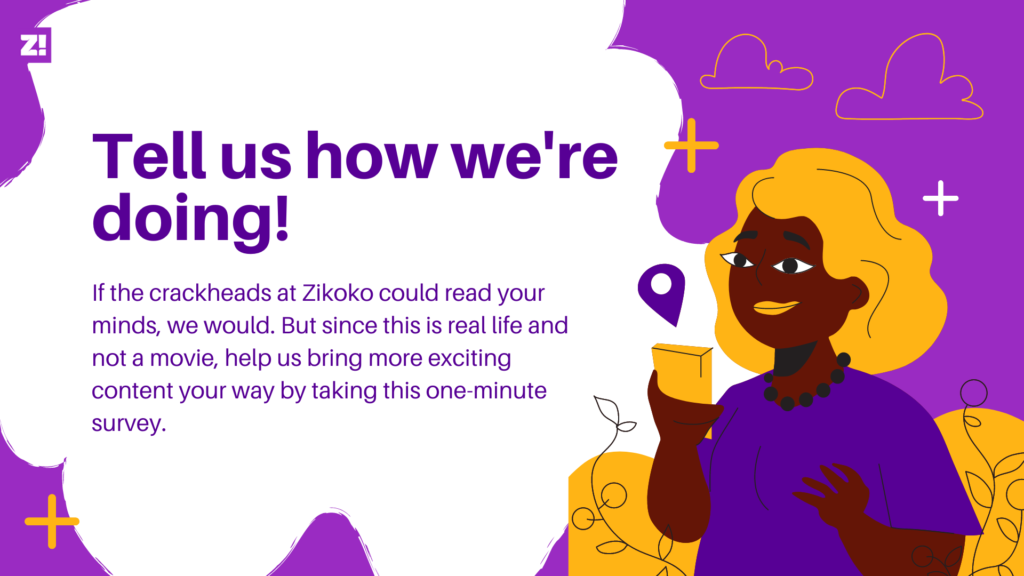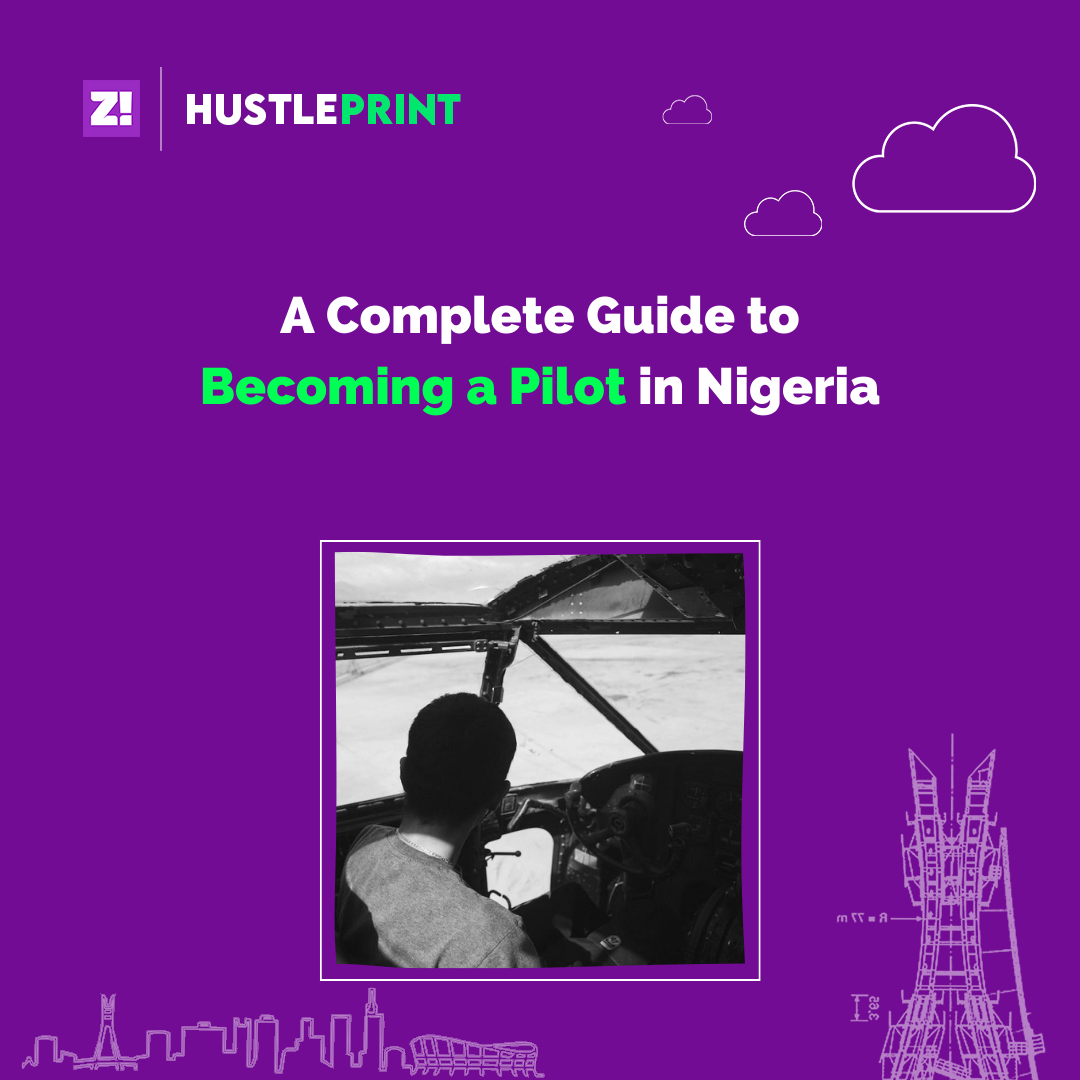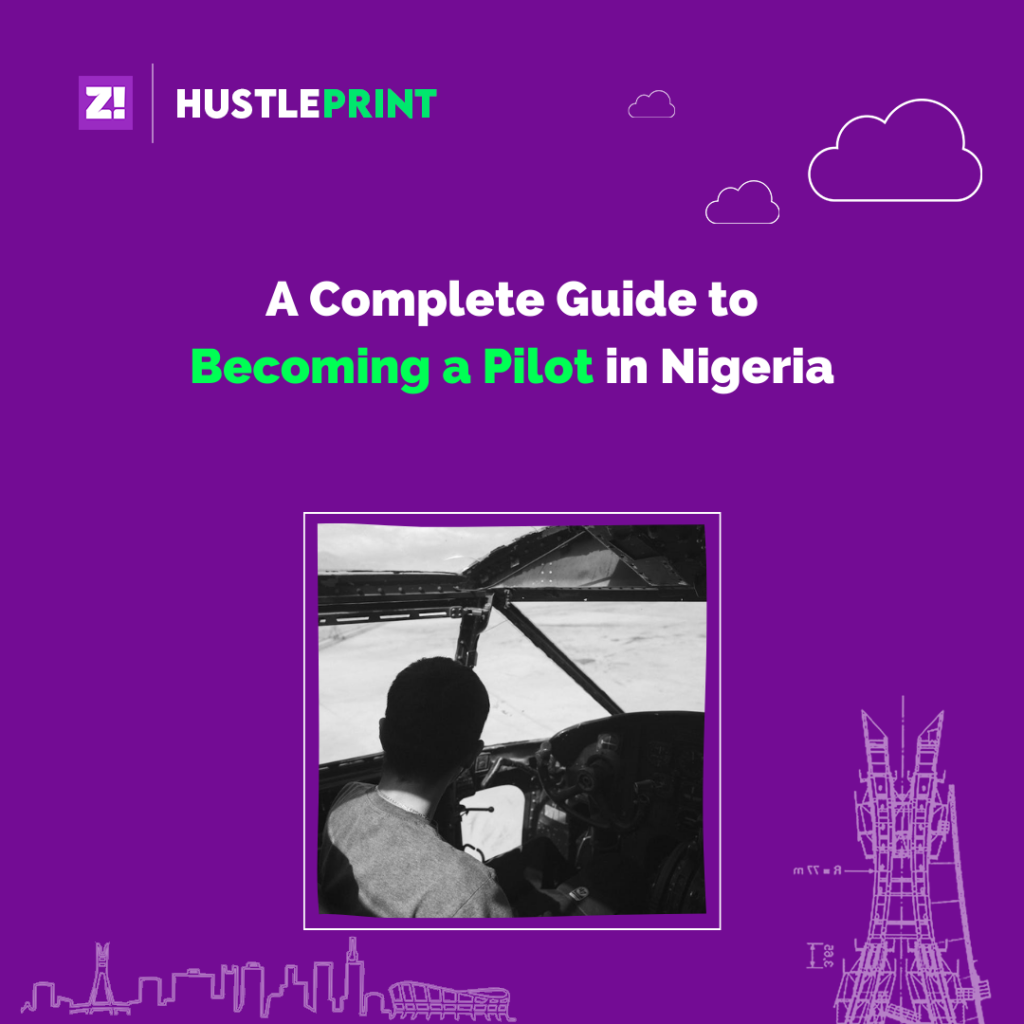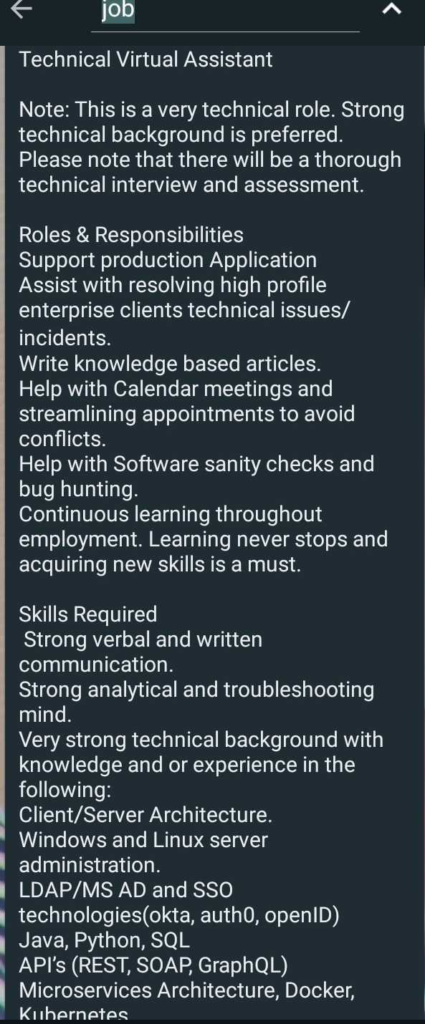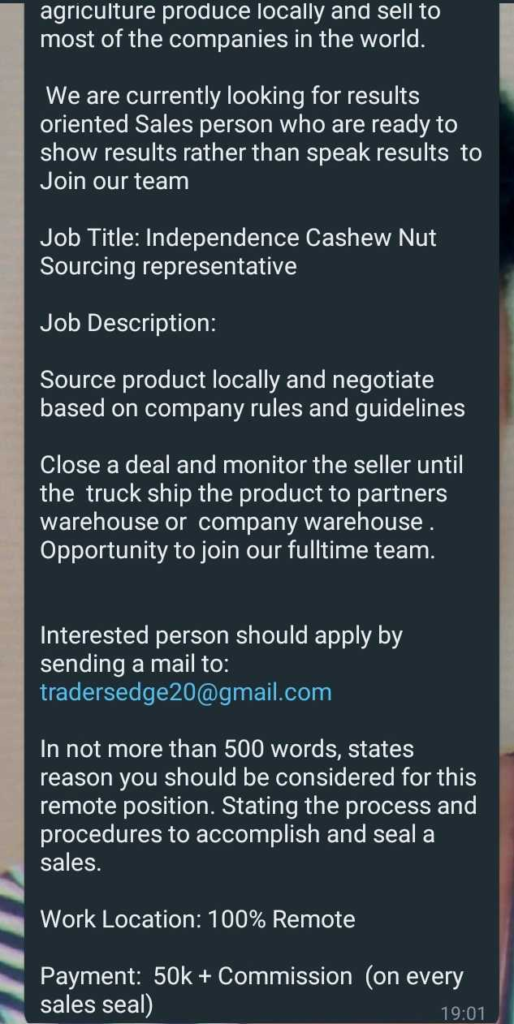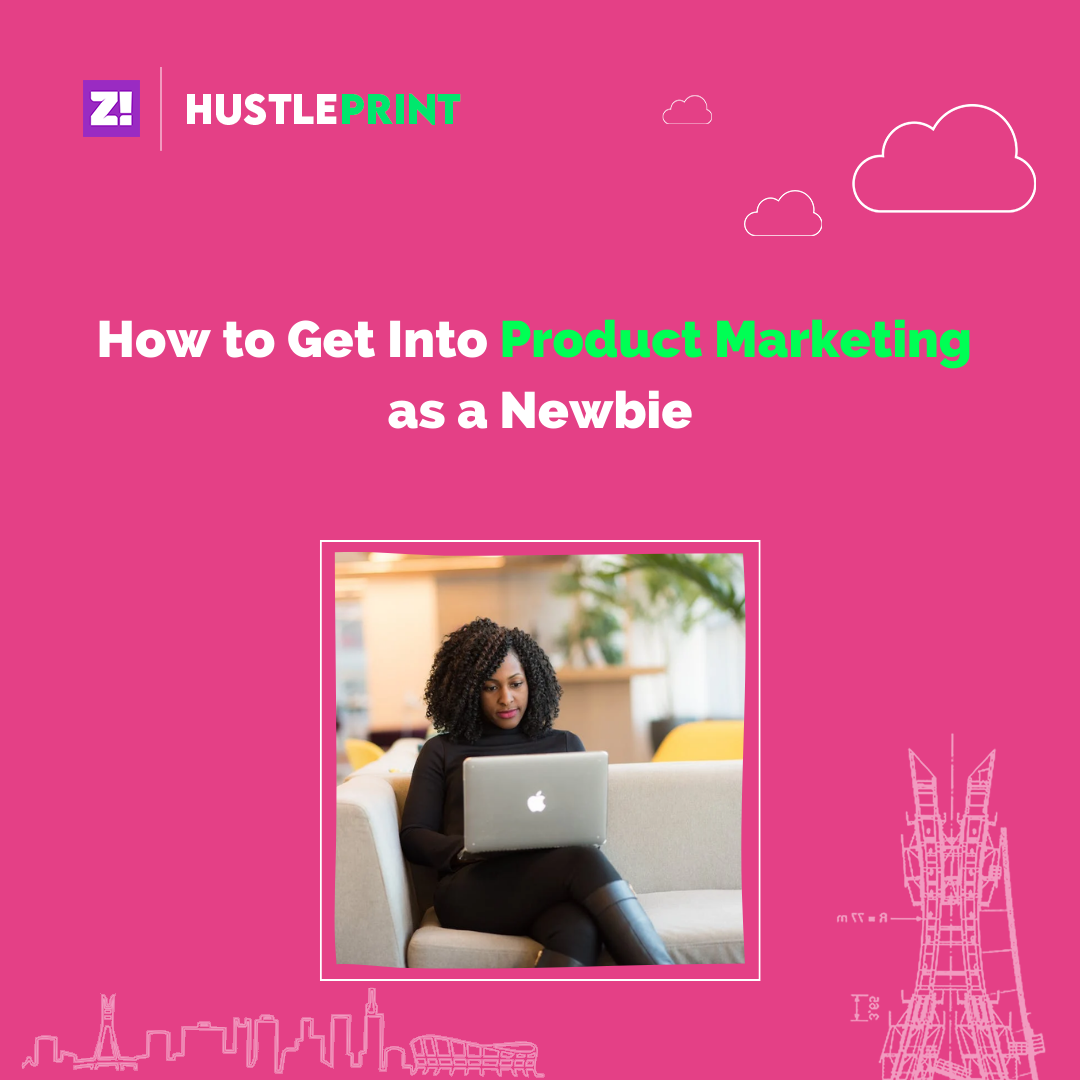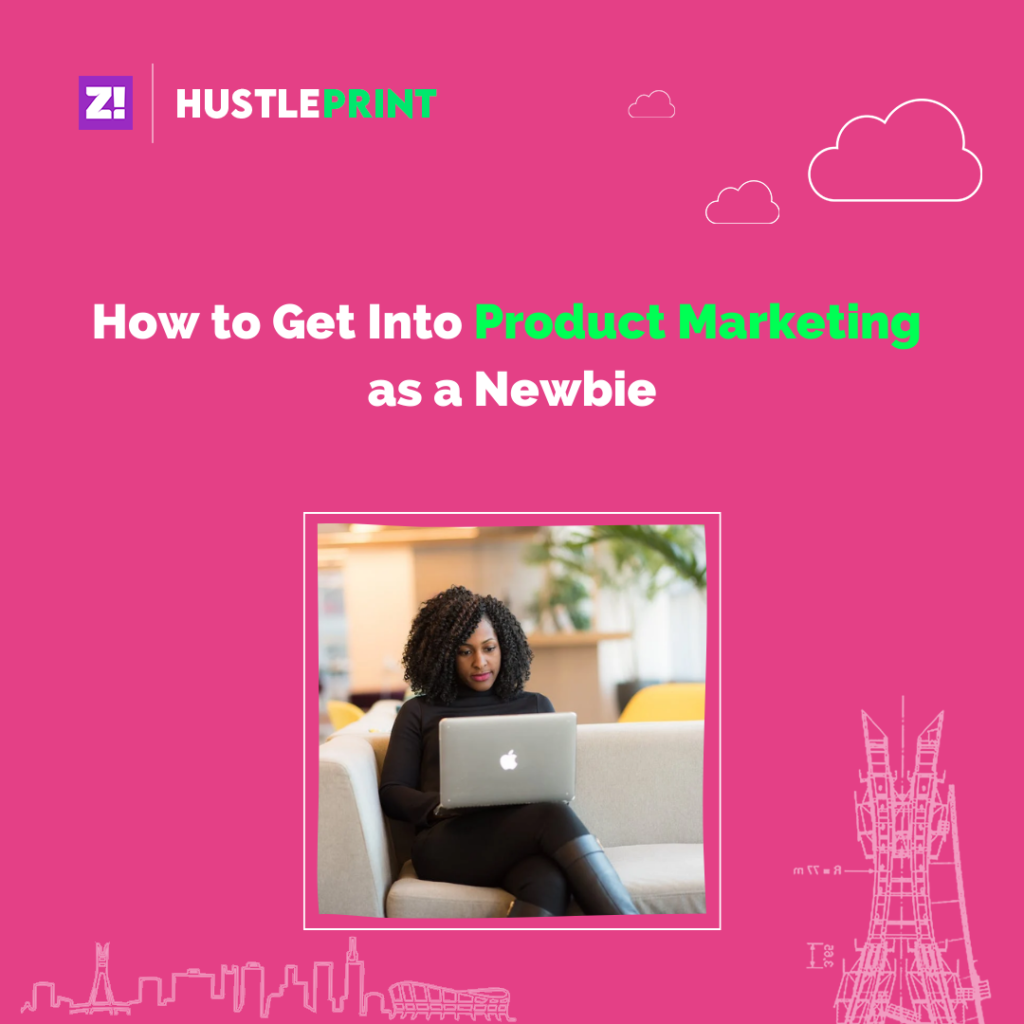Every week, Zikoko will share the hustle stories of Nigerians making it big in and out of the country. With each story, we’ll ask one crucial question in several ways: “How you do am?”
Toyosi Godwin’s hustle story gave insights into how he built a community on Twitter and unlocked an income stream through social media influencing. If you’re curious about what building a career as a social media influencer involves, this guide will help you.

Image: Pexels
First off, what does a social media influencer do?
It’s pretty self-explanatory. The social media influencer’s job is to influence the decisions of their followers or community, especially purchasing decisions.
Being an influencer isn’t just a job, though. It’s a lifestyle that hinges on popularity and a committed following. Those are factors necessary to get people to do what you want them to do.
For example, you probably wouldn’t buy slimming tea from a danfo vendor, mainly because you don’t know or trust the vendor. But if your favourite influencer were to come online and swear by the product, you might have a change of heart. Why? You were influenced.
What does it take to become an influencer?
First, a committed following, and that doesn’t mean just being popular. You may go viral — and even gain followers — every two weeks by tweeting controversial takes, but fame doesn’t equal an ability to influence the decision of others. That’s done by:
- Building trust: People need to feel like they can either relate to or trust that they know you enough to listen to you.
- Having a niche: What’s that one thing you’re really good at and can talk about forever without getting tired? That’s your niche. This is important, as it helps the influencer to build authority in their field and earn a committed following. If followers know, for example, that you know all there is to know about fashion, they’re more likely to buy a fashion item just because you recommended it.
RELATED: The Grass to Grace #NairaLife of a Social Media Influencer
So, how do you become a successful influencer?
Once you’ve cracked your niche and following, a couple of skills are necessary to maintain your community.
- Storytelling and content creation: It’s important to note that it’s not only about how often you post on social media; quality also matters. How, when, and what are you posting? Are you selling the content in a way that appeals to and evokes some type of action in your audience?
A successful influencer doesn’t just post for the sake of it. You’ll need to pay attention to content strategy, the algorithm of the social media platform in use, and the specific audience.
- Social listening: This involves analysing online conversations and considering how they could affect your brand and audience. The ultimate goal is to understand the underlying sentiment on social media and respond with a marketing strategy that influences that sentiment favourably, ensuring your visibility.
- Consistency: Followers must know they can trust you to show up regularly. You might want to invest all your money in a telecom company because you’ll always need to be online.
- Search engine optimisation: Before you ask, isn’t it just social media? It’s not. You want considerable views on every content you put out, and a knowledge of SEO will ensure you explore the right keyword and push out content that keeps you at the top of people’s minds.
- Community engagement: A large part of social media influencing is trust, and that’s gotten through engaging with your followers. Don’t just post and go. You’re not Beyoncé.
How do you make money as an influencer?
This is typically done through:
- Brand endorsements: One common denominator for influencers is that they have many loyal fans who trust them. Brands use this leverage to make their products appealing by paying these influencers to sign on as ambassadors.
- Affiliate marketing: You know how Instagram skit makers include referral codes in their videos for a particular product or service? That’s affiliate marketing. When people buy the product/service with a referral code, the influencer gets a commission.
- Sponsored advertisements: This typically involves written or video content by an influencer directly marketing a product or service. In this method, the brand pays the influencer an agreed amount — usually determined by the influencer’s rate card — for the sponsored post.
Usually, the number of followers and social media reach an influencer has determines how much they can charge brands for ads.
Maintain the trajectory
An influencer’s work is never done. Social media algorithms and rules change, so it’s important to stay updated and constantly reinvent yourself to remain visible and relevant. It’s also helpful to follow other influencers to learn from them and possibly form partnerships that help your visibility even more.
NEXT READ: Mechanics Can Also Be Ballers. Here’s How You Can Become One





